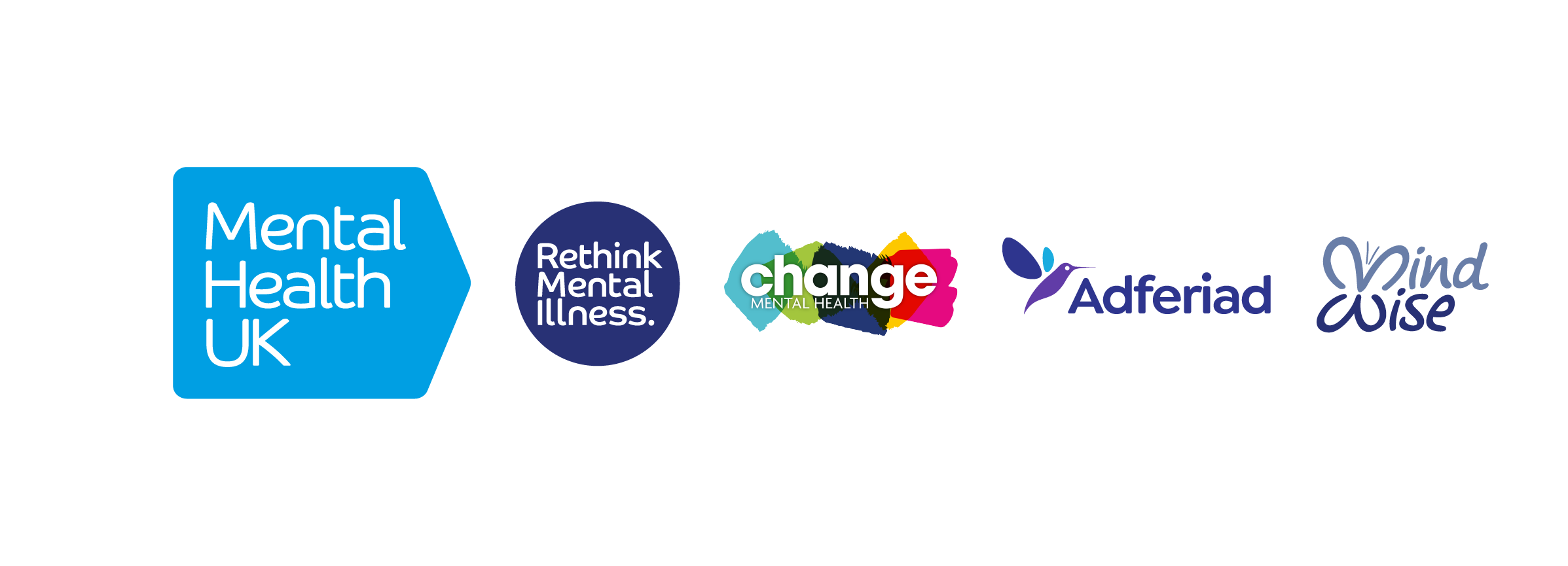- Home
- News & Blogs
- Current: Maternal mental health during the pandemic: a report
Do you need urgent help?
If you need to speak to someone right now, here are some confidential options which provide 24/7 support. If you're worried you might hurt yourself or someone else, please call 999, or go to your nearest A and E.
Childline
Helps anyone under 19 in the UK with any issue they’re going through. Childline is free, confidential and available any time, day or night.
0800 1111Samaritans
24 hours a day, 365 days a year. You don't have to be suicidal to call us
Report on maternal mental health during the pandemic
Tue, 16 - March - 2021
New mums have faced risks to their mental health as a result of the pandemic, says a report by the Maternal Mental Health Alliance
From the early days of the Covid-19 pandemic, the Maternal Mental Health Alliance (MMHA), of which MindWise is a member, and the Centre for Mental Health, were expressing concern about the increased mental health challenges that new mothers were likely facing as a result of the pandemic and lockdown.
At MindWise, we know that the perinatal period is a time of significant risk to women’s mental health, with up to two in ten women suffering some form of mental health problem. During the perinatal period, women can be affected by a range of problems such as antenatal and postnatal depression, obsessive compulsive disorder, post-traumatic stress disorder (PTSD) and postpartum psychosis.
Sadly, we're not surprised that the MMHA's findings show the pandemic has placed significant additional strain on maternal mental health and the services that support women, parents and families during and after pregnancy.
We support the changes suggested by the MMHA in this report and the need for equality for all. We look forward to the outcomes of the suggested actions and hope we will at long last see a time when every pregnant woman and new mother gets the mental health support they need, when they need it.
Here is an outline of the MMHA's key findings:
- Covid-19 has posed mental health challenges for expectant and new mums
- The impact has been unequal
- Perinatal mental health services had worrying gaps even before the crisis
- Informal support has been detrimentally impacted
- Changes to labour and birth because of the pandemic have increased stress
- There have been missed opportunities for understanding or fully responding to what being classed as ‘vulnerable’ really means in the perinatal period
- Concern for infants and babies has increased stress and anxiety
- While still awaiting data, significant concerns exist for women with pre-existing mental health conditions
- Despite increased need, services supporting women and families were impacted detrimentally
- The workforce supporting women and families in the perinatal period is facing its own wellbeing challenges and needs support
- Increased demand for voluntary and community services, which themselves have been impacted
- Virtual contact massively increased, with mixed potential consequences and a need for evaluation
The MMHA's recommendations for action include:
- Assessing the true level of demand
- Future-proof perinatal mental health services against future pandemics or similar public health crises
- Up-to-date data to understand the changing picture
- Tackle racial discrimination within health systems and adverse outcomes for people of colour
- Better research
- Understand the impact of ‘remote’ mental health care
- Government and NHS must recognise the importance of voluntary and community organisations
- Support the mental health of all health and care staff
Download the full report here:
To download the full report from the Maternal Mental Health Alliance, click here: Maternal Mental Health During The Pandemic.

Keeping well during coronavirus
Tips and help for keeping well during coronavirus from the Linked-In team.





